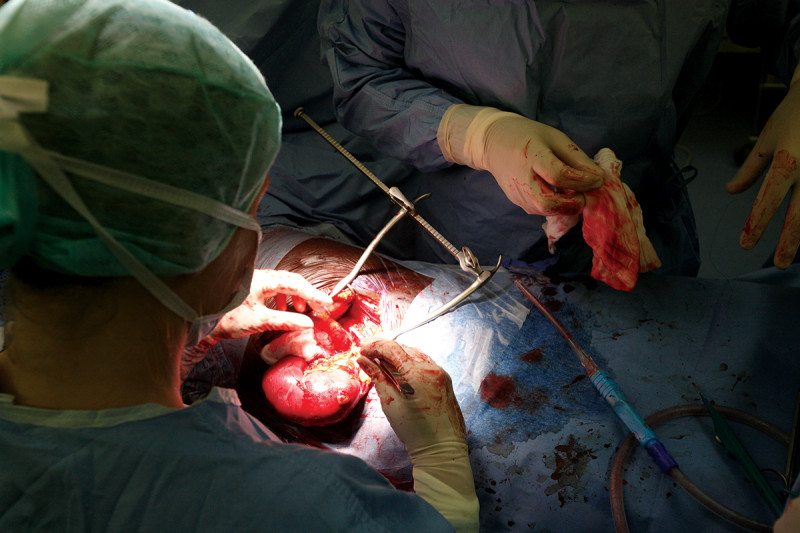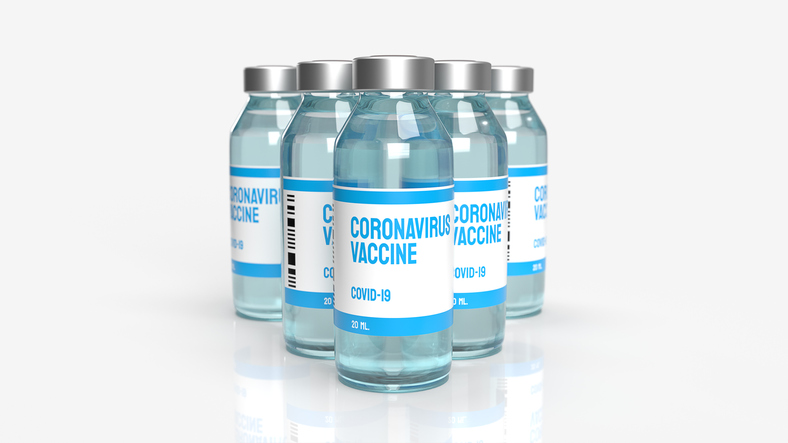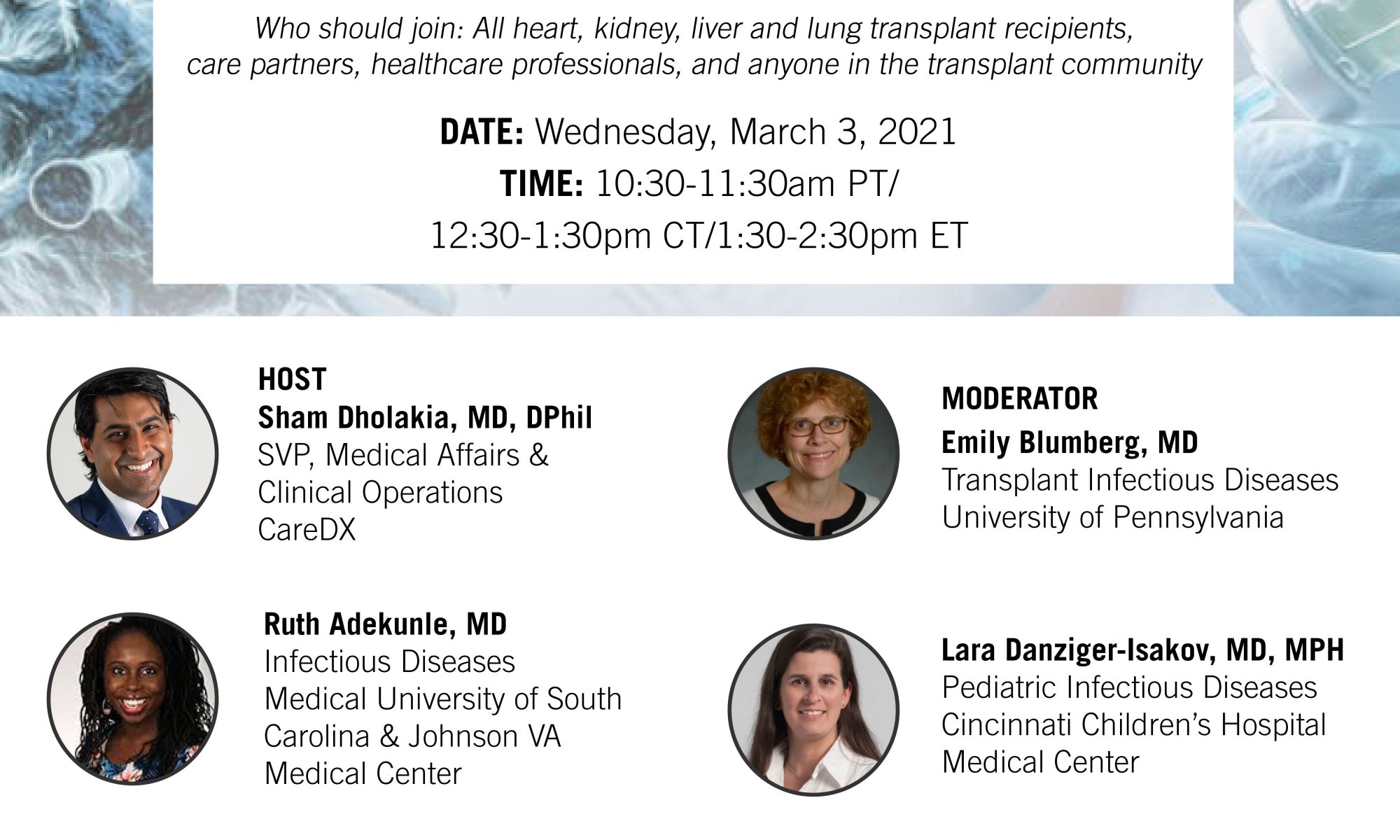“A COVID-19 patient in Japan has received the world’s first lung transplant from living donors.
Receiving transplant lung tissue from her son and husband, the patient underwent an 11-hour operation at Kyoto University Hospital to receive her transplant last Wednesday.
The woman who underwent the operation contracted COVID-19 late last year. According to Kyoto University Hospital, she spent months on a life support machine acting as an artificial lung, because hers had become no longer functional. It’s expected that she’ll recover from last week’s operation within months.”
Read the full story, here.







